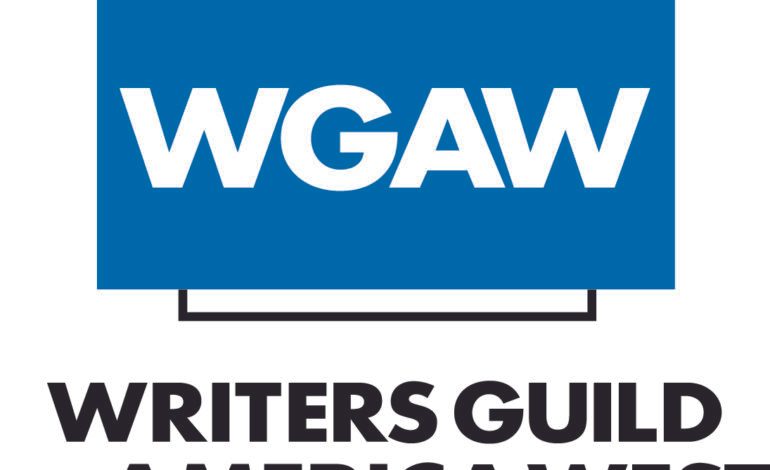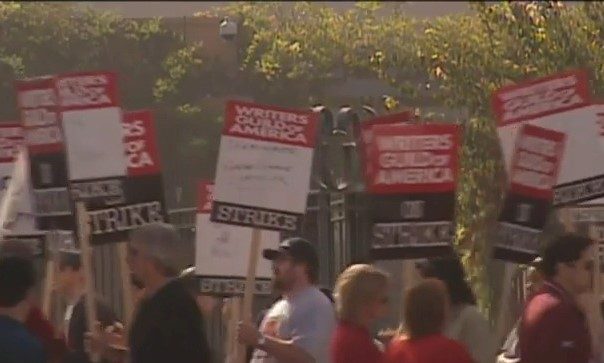

The Writers Guild of America has initiated measures toward a possible industry strike. According to The Hollywood Reporter, on Monday, the Writers Guild announced to its members that it had scheduled a strike authorization vote, which will take place through online polls opening on April 11 at 8:30 p.m. and closing on April 17 at 12 p.m., marking the first step towards a potential industry strike.
“The survival of writing as a profession is at stake in this negotiation,” the WGA leaders said via Los Angeles Times. “Over the past decade, while our employers have increased their profits by tens of billions, they have embraced business practices that have slashed our compensation and residuals and undermined our working conditions.”
According to Polygon, the Writers Guild has a history of going on strike, with six instances in 1960, 1973, 1981, 1985, 1988, and 2007. As the WGA prepares for a potential strike on May 1, the 2007 strike remains the most recent example of what could happen if the union decides to take action.
“The companies have used the transition to streaming to cut writer pay and separate writing from production, worsening working conditions for series writers at all levels,” the WGA wrote. “On TV staffs, more writers are working at a minimum regardless of experience, often for fewer weeks, or in mini-rooms, while showrunners are left without a writing staff to complete the season. And while series budgets have soared over the past decade, median writer-producer pay has fallen.”
According to Polygon, the WGA is asking for better pay and compensation for its members. They want an increase in minimum pay, standardized pay and residuals between streaming and theatrical releases, and for TV writers to be paid throughout production. They claim that despite the streaming boom, their median pay has decreased by 23% in the last decade. They are planning to ask their members for a strike authorization vote while continuing negotiations with the Alliance of Motion Picture and Television Producers (AMPTP).
According to Deadline, there is a growing sense that negotiations between the WGA and AMPTP may continue in some capacity, as the two sides have reportedly found some areas of agreement. Despite the looming strike authorization vote, there appears to be some common ground between the WGA and AMPTP, and discussions are expected to continue in some capacity. The source noted that the two parties are surprisingly close on several significant issues, which may indicate more momentum than anticipated.
“After two weeks at the bargaining table, they [the studios] have failed to offer meaningful responses on the core economic issues in any of the WGA’s primary work areas — screen, episodic television, and comedy-variety,” the union’s negotiators said via Los Angeles Times. “They have listened politely to our presentations and made small moves in only a few areas, almost entirely coupled with rollbacks designed to offset any gains. In short, the studios have shown no sign that they intend to address the problems our members are determined to fix in this negotiation.”
Nevertheless, the WGA is reportedly preparing to ask its members for a strike authorization vote in the upcoming days, and this is expected to be done through a series of “roadshows.”
According to a WGA report, despite the streaming boom, writers’ median pay has decreased in the last decade. In response, the WGA has proposed demands totaling $600 million, which include raising minimum pay, increasing residual payments from streaming, and contributing more to health and pension plans.


